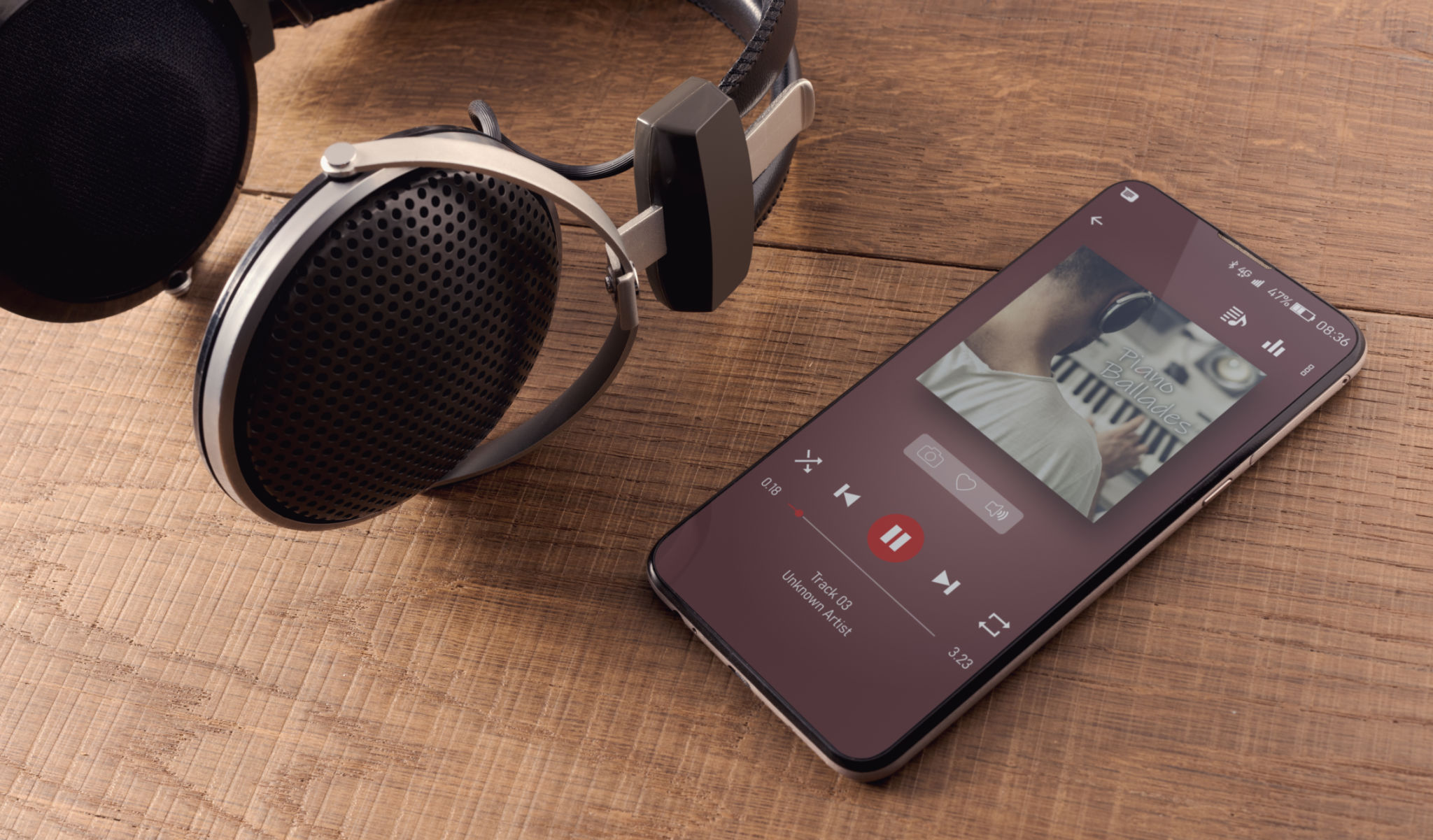Top Online Music Marketing Strategies for Independent Artists
BS
Understanding Your Target Audience
One of the most crucial aspects of a successful music marketing strategy is understanding your target audience. As an independent artist, knowing who your listeners are and what they want from your music can help tailor your marketing efforts effectively. Start by analyzing your fan base demographics, including age, location, and music preferences. This information can guide you in creating content that resonates with them.

Utilize Social Media Platforms
Social media is a powerful tool for independent artists looking to expand their reach. Platforms like Instagram, Facebook, and TikTok allow artists to connect directly with fans and showcase their personalities. Regularly post engaging content such as behind-the-scenes footage, live Q&A sessions, and sneak peeks of new songs. Consistency is key, so ensure you're posting regularly to keep your audience engaged.
Moreover, collaborating with other artists and influencers on these platforms can exponentially increase your visibility. By tapping into their audiences, you gain exposure to potential new fans who might just fall in love with your music.
Leverage Streaming Services
Streaming platforms such as Spotify, Apple Music, and YouTube are essential for reaching a global audience. To maximize your presence on these platforms, ensure your music is easily discoverable by using proper metadata and keywords. Additionally, pitching your songs to playlists can significantly boost your streaming numbers and introduce you to new listeners.

Optimizing Your Artist Profile
Your artist profile on streaming services is like a digital business card. Ensure it's complete with a professional bio, high-quality images, and links to your social media profiles. A well-optimized profile not only enhances your credibility but also encourages listeners to explore more of your music.
Email Marketing Campaigns
Email marketing remains a highly effective strategy for independent artists. Building an email list allows you to communicate directly with your most dedicated fans. Use emails to announce new releases, upcoming shows, and exclusive content. Personalized emails can create a stronger connection with your audience, making them feel valued and appreciated.
Engage with Music Blogs and Podcasts
Music blogs and podcasts are excellent platforms for gaining exposure and credibility. Reach out to bloggers and podcasters who cover your genre and pitch your music for reviews or interviews. This not only helps in building a reputation but also increases the likelihood of being discovered by potential fans who follow these platforms.

Host Virtual Concerts
In the digital age, virtual concerts have become a popular way for artists to perform for audiences worldwide without the need for physical venues. Platforms like Zoom, YouTube Live, or Facebook Live allow fans to enjoy live music from the comfort of their homes. Promote these events through social media and email newsletters to ensure maximum attendance.
Offering Exclusive Content
Offer exclusive content during your virtual concerts to incentivize attendance. This could be anything from an unreleased track to a live Q&A session post-performance. Exclusive content not only attracts attendees but also fosters a sense of community among your fans.
Collaborate with Other Artists
Collaboration can be a game-changer for independent artists. By working with other musicians, you can tap into their fanbase while offering fresh content to your own followers. Collaborations can range from co-writing songs to performing joint live sessions. These partnerships often result in a creative synergy that benefits both parties involved.
Networking Within the Industry
Finally, networking with industry professionals is vital for growth and opportunities. Attend virtual music industry events, join online forums and communities, and engage with industry leaders on social media platforms. Building relationships within the industry can lead to valuable insights and open doors that might otherwise remain closed.
